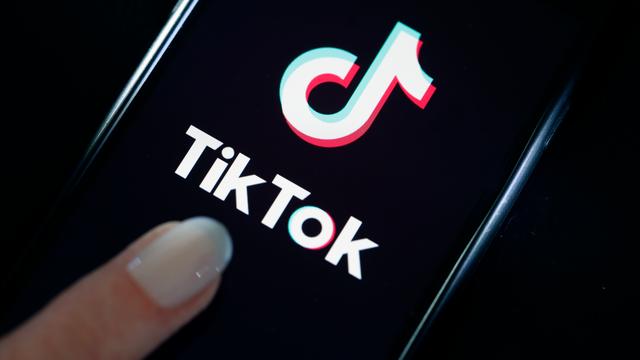I was entering my final year of high school when TikTok took off. For a brief period there, it was used as intended and reached the audiences it intended to reach. Kids my age were posting short dance videos and silly clips that would have once been found on platforms such as Vine and Musical.ly. I used to leave my phone downstairs before bed each night, but with the advent of TikTok, this changed pretty quickly. My routine centred around watching videos on TikTok first thing in the morning and right before bed. I sometimes wish there was a way to quantify the amount of time I wasted during my final year of school scrolling through mind-numbing videos in the dark before falling asleep.

Don’t get me wrong – I still spend far too much time on the app, and oftentimes right before bed. However, TikTok has changed significantly since I first became engrossed in the platform to become a complex forum of videos covering fashion content, storytime videos, vlogs, gaming walkthroughs and AI edits. What sets it apart from other social media platforms is its algorithmic intelligence and ability to adapt to what users are interested in faster than most platforms. In my opinion, the most important development has been that which has transformed the app into a political battleground.
TikTok as a political weapon
TikTok has no geographical borders. It connects over one billion users across the globe. It does, however, have political borders. What seems like an appropriate platform for free speech and political debate, TikTok started attracting criticism following suspicions that content relating to the Hong Kong protests in 2019 were being censored for political reasons. Not long after, the app came under fire for political suppression again in May 2020 when content associated with the #BlackLivesMatter protests seemed to be being hidden. Despite this, however, the app does enable activists to expose injustice and mobilise people across the world. For many, especially young people, it is an avenue for political education and participation made possible through the publication of short, digestible videos unpacking complex geopolitical events. TikTok was close to being banned in the US at the beginning of 2025 in the interests of national security. This triggered mass outcry from the 140 million Americans who use the app, with some claiming that the ban would parallel instances of ‘linguicide’ historically used to suppress free thought and expression. With respect to the current genocide in Gaza, first-person videos uploaded to TikTok has enabled users around the world to witness the atrocities unfolding through unfiltered perspectives that are absent from traditional media outlets, creating a ‘democratisation of influence’.
In short, TikTok belongs both everywhere and nowhere. While the app continues to be influenced by geopolitics, it remains a borderless platform connecting people across the world in resistance and solidarity – paradoxically reminding us of the shared nature of humanity in a world more divided than ever. The fact that TikTok isn’t confined to the neat boxes of world politics may be exactly why the platform has come to matter so much.
Sources
https://www.bbc.com/news/technology-53640724
https://www.diplomacy.edu/blog/how-tiktok-is-changing-world-politics/



I think your blog is very relevant. I find myself invested in the political use of TikTok. The big danger of TikTok is that it just feeds you things you agree with, so you can create your own bubble, which is dangerous. I started to follow political parties which I don’t agree with and that way I got out of that bubble. As long as people are aware of that fact, I think TikTok is a very nice to way to keep up with the political landscape.
Like you said, it can give us unfiltered information about something, which is nice. It can also be really gruesome, because when Charlie Kirk got assassinated it was on TikTok that I saw a video of the exact moment he got shot and died, which I didn’t really like to see.